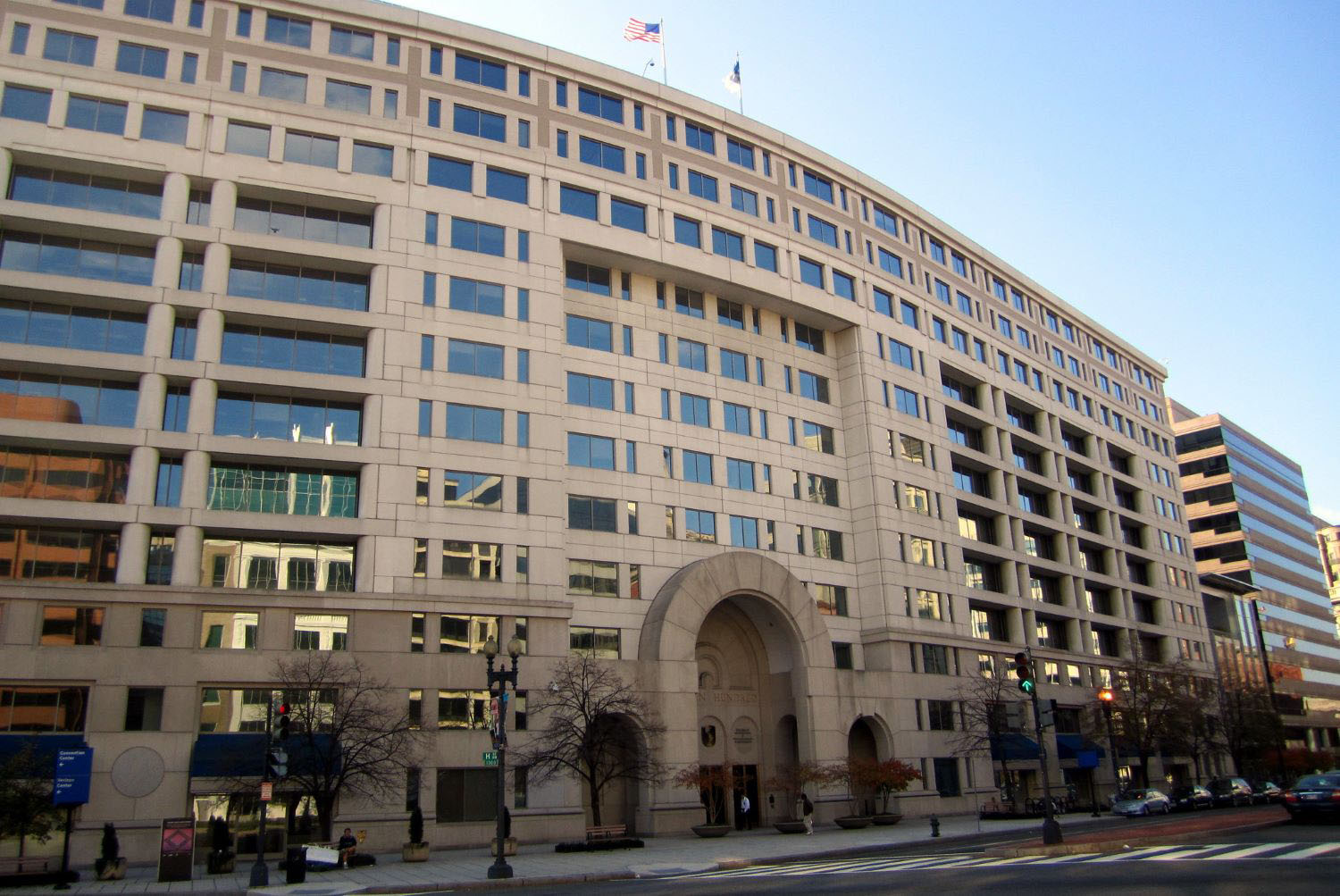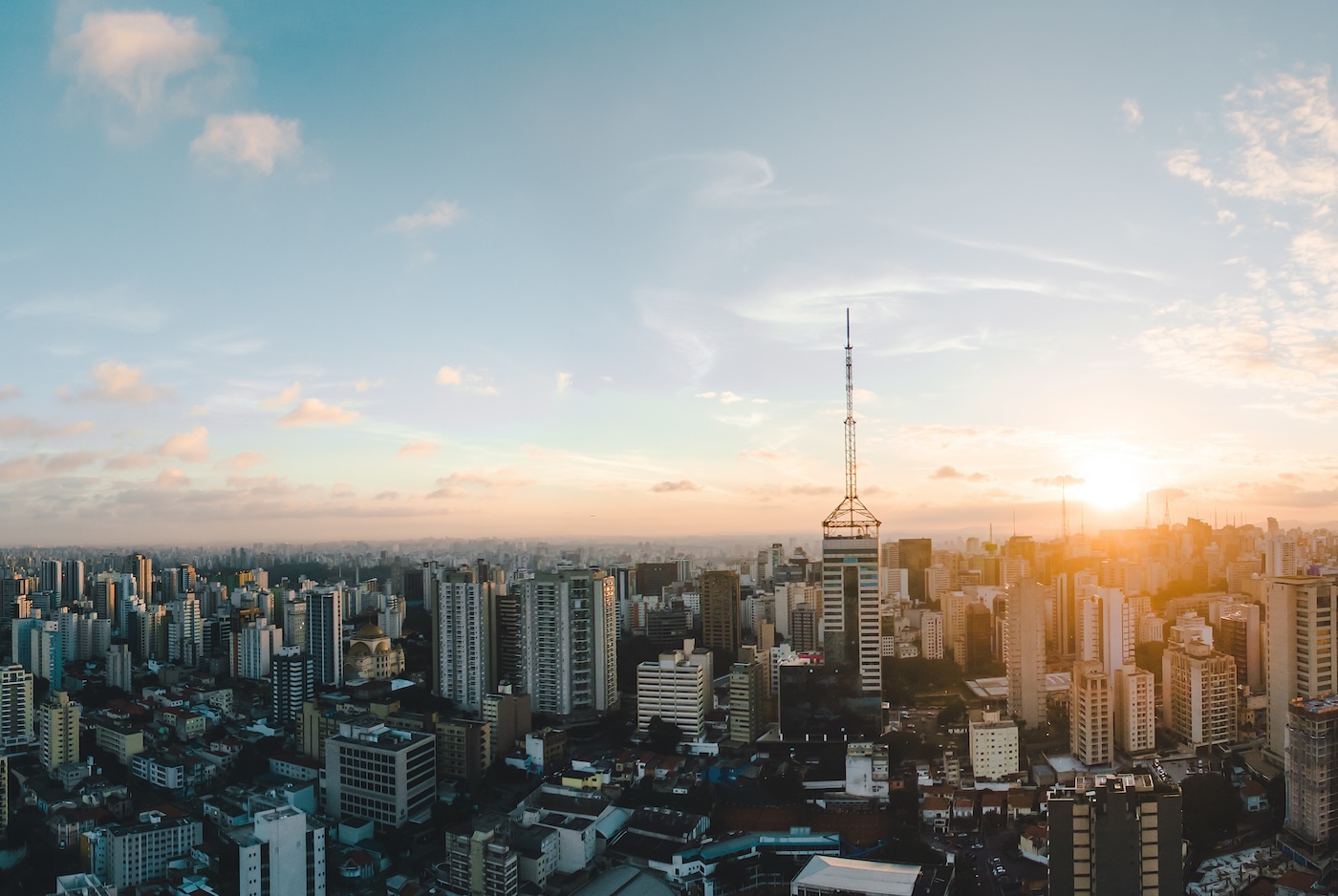The controversy surrounding the recent purchase of Venezuelan government bonds by Goldman Sachs is a great reminder of the role that “preemptive contract sanctions” could play in the struggle against odious regimes like that of Nicolas Maduro. In 2010, CGD released a working group report explaining in detail how this new sanctions tool could work. While the political forces have not yet aligned to try this tool against other odious regimes, such as those in Syria or South Sudan, the Maduro regime in Venezuela is more isolated regionally and globally and could be the perfect candidate. To smooth the way, the US Congress should amend the Foreign Sovereign Immunities Act to remove any legal obstacles to applying this sanctions tool in the event that the “planets become aligned.”
What are preemptive contract sanctions?
Preemptive sanctions would work as follows: The United Nations, a regional organization, or individual countries would declare that a legitimate successor to a (named) illegitimate regime would not be bound by contracts, notably including loans, that the illegitimate regime signs after the date of the declaration. The declaration signatories would not allow such contracts, nor any arbitral awards or foreign judgments associated with those contracts, to be enforced in their courts if the successor government repudiates them. Any party owning such a contract would face the significant risk that it may be worthless at some point in the future. Given the role of New York and London in financial markets and contract enforcement, the United States and the United Kingdom would need to be part of any sanctioning coalition. But it would have more legitimacy if the United Nations or an appropriate regional organization sponsored the declaration.
The benefits of applying such a tool are clear. First, it aligns the lender/investor’s profit motives with the declaring countries’ goals. Knowing that a successor regime would have a financial incentive, and legal justification, to repudiate previously contracted debt would deter creditors from signing such contracts in the first place. The illegitimate regime would be starved of external resources because contracts signed by parties in third countries will be at risk because they are unenforceable in declaring countries. Second, this approach avoids the cost of the typical financial sanctions approach involving enforcement of penalties on entities that transact business with the sanctioned regime. And third, it would protect a legitimate successor regime from having to repay the odious debt, without facing higher costs of borrowing, as would likely occur with an ex poste repudiation of the debt. Indeed, Seema Jayachandran and Michael Kremer, who co-chaired the CGD working group with John Williamson, have argued that preemptive contract sanctions might reduce the cost of borrowing by legitimate governments.
Can the politics align?
In 2012-13, CGD scholars argued that the international community should deploy preemptive contract sanctions against the Assad regime in Syria. But Russian support for the regime, plus concerns about the role of terrorist groups in the opposition, undercut support for trying this tool. Since its independence from Sudan six years ago, South Sudan has spiraled downward into what is arguably the worst economic, political, and humanitarian situation in the world. In February, the United Nations declared famine in South Sudan, calling it a man-made disaster that threatens 100,000 with starvation, with another million on the brink of famine. Yet here again, regime change could be messy, and China and others argue that more time is needed to give the current regime a chance to implement an inclusive national dialogue.
Venezuela is more isolated and represents the most viable case for applying preemptive contract sanctions. While President Maduro won the 2013 election, there is increasing doubt within Venezuela about the legitimacy of his presidency, particularly in the wake of his announcement that he will convene an assembly to rewrite the constitution. Moreover, international support for the Venezuelan government appears to be crumbling, even among countries within the region that normally do not take an active role in this type of matter. Given its historically strong political and financial support for Maduro, China will play a pivotal role. As the situation within Venezuela deteriorates, it may be in China’s best interest to add its support for preemptive contract sanctions. By doing so, it may stand a better chance of protecting the value of its current investments in Venezuela, including the value of the loans that will inevitably need to be restructured. Such a move may also enhance China’s status in other Latin American countries that object to Maduro’s actions. And, it could be a demonstration of a willingness to work with the Trump administration on the world stage.
The IMF could be an obstacle
While the 2010 CGD report argues that a small group of developed countries, particularly those that are major legal and financial centers, could effectively employ preemptive contract sanctions, the International Monetary Fund’s (IMF) Lending into Arrears (LIA) policy could stand in the way. The LIA policy prohibits lending to a country that is in arrears to private creditors unless, among other things, the country is “making a good faith effort to reach a collaborative agreement with its creditors.” Certainly a repudiation of debt owed by a successor regime could not be deemed to be “a good faith effort.” Therefore, the set of countries making the declaration, or at least recognizing the declaration, would need to include those that could reject any attempt at the IMF Board of Directors to invoke the LIA policy. This would likely reflect the membership of the UN Security Council, at a minimum.
Getting the USG house in order
The executive branch’s current authority to make a legally enforceable preemptive contract sanctions declaration is uncertain. The CGD report argues that a US declaration could be enacted and enforced under current law, most importantly the Trading with the Enemy Act of 1960 and the International Emergency Economic Powers Act of 1977. However, there are questions about whether the declaration could be made effective or maintained under these laws. A much neater approach would be to amend the Foreign Sovereign Immunities Act to clearly describe the circumstances under which a suit to enforce a contract of a regime declared illegitimate would not be enforced in US courts. The US Congress should begin working with the US State Department on legislation that would support a declaration of preemptive contract sanctions if the international community unites around the goal of getting rid of the illegitimate Maduro regime.
La controversia en torno a la reciente compra de bonos del gobierno venezolano por Goldman Sachs es un gran recordatorio del papel que las "sanciones preventivas de contrato" podrían jugar en la lucha contra regímenes repulsivos como el de Nicolás Maduro. En 2010, CGD publicó un informe del grupo de trabajo explicando en detalle cómo podría funcionar esta nueva herramienta de sanciones. Si bien las fuerzas políticas aún no se han alineado para probar esta herramienta contra otros regímenes repulsivos, como los de Siria o Sudán del Sur, el régimen de Maduro en Venezuela está más aislado regional y globalmente y podría ser el candidato perfecto. Para guiar el camino, el Congreso de Estados Unidos debe enmendar la Ley de Inmunidades Soberanas Extranjeras para eliminar cualquier obstáculo legal a la aplicación de esta herramienta de sanciones en caso de que los "planetas se alineen".
¿Qué son sanciones contractuales preventivas?
Las sanciones preventivas funcionarían de la siguiente manera: las Naciones Unidas, una organización regional o países individuales declararían que un sucesor legítimo a un régimen ilegítimo no estaría obligado por los contratos, especialmente los préstamos, que el régimen ilegítimo firma después de la fecha de la declaración. Los signatarios de la declaración no permitirían que dichos contratos, ni ningún laudo arbitral o sentencias extranjeras asociadas con esos contratos, sean aplicados en sus tribunales si el gobierno sucesor los repudia. Cualquiera de las partes implicadas que posee dichos contratos se enfrentaría al riesgo significativo de que puedan ser inútiles en algún momento en el futuro. Considerando el gran papel de Nueva York y Londres en los mercados financieros y la aplicación de los contratos, los Estados Unidos y el Reino Unido tendrían que formar parte de cualquier coalición sancionadora. Pero tendría más legitimidad si las Naciones Unidas o una organización regional apropiada patrocinaría la declaración.
Los beneficios de aplicar dichas sanciones preventivas son claros. En primer lugar, alinea los motivos de ganancia del prestamista/inversionista con los objetivos de los países declarantes. El saber que un régimen sucesor tendría un incentivo financiero, y una justificación legal, para repudiar la deuda contraída previamente, disuadiría a los acreedores de firmar dichos contratos en el primer lugar. El régimen ilegítimo se vería privado de recursos externos debido a que los contratos firmados por las partes en terceros países estarán en riesgo porque no son exigibles en los países que los declaran. En segundo lugar, este enfoque evita el costo de típicas sanciones financieras que implican la aplicación de sanciones a las entidades que realizan negocios con el régimen sancionado. Y también protegería a un régimen sucesor legítimo de tener que pagar la deuda, sin enfrentar mayores costos de endeudamiento, como probablemente ocurriría con un repudio ex post de la deuda. De hecho, Seema Jayachandran y Michael Kremer, que copresidieron el grupo de trabajo CGD con John Williamson, han argumentado que las sanciones preventivas a los contratos podrían reducir el costo de los préstamos por parte de los gobiernos legítimos.
¿Se puede alinear la política?
En 2012-13, los académicos de CGD argumentaron que la comunidad internacional debería implementar sanciones contractuales preventivas contra el régimen de Assad en Siria. Pero el apoyo de Rusia al régimen, más las preocupaciones sobre el papel de los grupos terroristas en la oposición, socavaron el apoyo para probar esta táctica. Desde su independencia de Sudán hace seis años, Sudán del Sur se ha reducido a la peor situación económica, política y humanitaria del mundo. En febrero, las Naciones Unidas declararon la hambruna en Sudán del Sur, calificándola como un desastre inducido por el hombre que amenaza a 100.000 con el hambre, con otro millón al borde de la hambruna. Sin embargo, una vez más, el cambio de régimen podría ser complicado, y China y otros sostienen que se necesita más tiempo para darle al régimen actual la oportunidad de implementar un diálogo nacional inclusivo.
Venezuela está más aislada y representa el caso más viable para aplicar sanciones contractuales preventivas. Aunque el presidente Maduro ganó las elecciones de 2013, hay cada vez más dudas dentro de Venezuela sobre la legitimidad de su presidencia, particularmente a raíz de su anuncio de que convocará una asamblea para reescribir la constitución. Además, el apoyo internacional para el gobierno venezolano parece desmoronarse, incluso entre países de la región que normalmente no desempeñan un papel activo en este tipo de asuntos. China jugara un papel fundamental dado su apoyo político y financiero históricamente fuerte para Maduro. A medida que la situación en Venezuela se deteriora, puede ser lo mejor para China sumar su apoyo a sanciones contractuales preventivas. Al hacerlo, puede tener una mejor oportunidad de proteger el valor de sus inversiones actuales en Venezuela, incluso el valor de los préstamos que inevitablemente tendrán que ser restructurados. Al mismo tiempo, podría mejorar el estatus de China en otros países latinoamericanos que se oponen a las acciones de Maduro
El FMI podría ser un obstáculo
Mientras que el informe del CGD 2010 argumenta que un pequeño grupo de países desarrollados, particularmente aquellos que son importantes centros legales y financieros, podrían efectivamente emplear sanciones contractuales preventivas, la política de préstamos atrasados (Lending into Arrears (LIA)) del Fondo Monetario Internacional (FMI) podría obstaculizar el camino. La política de la LIA prohíbe prestar a un país que está en mora con los acreedores privados a menos que, entre otras cosas, el país "haga un esfuerzo de buena fe para llegar a un acuerdo de colaboración con sus acreedores". Ciertamente un repudio a la deuda de un régimen sucesor no puede ser considerado como "un esfuerzo de buena fe". Por lo tanto, el conjunto de países que hacen la declaración, o al menos el reconocimiento de la declaración, debería incluir aquellos que podrían rechazar cualquier intento de la Junta Directiva del FMI de invocar la política de la LIA. Esto, como mínimo, probablemente manifieste la membresía del Consejo de Seguridad de la ONU.
Consiguiendo que el Congreso de Estados Unidos se ponga en orden
La autoridad actual de la rama ejecutiva para hacer una declaración de sanciones contractuales preventivas exigible legalmente es incierta. El informe de CGD argumenta que una declaración de los EE. UU. podría promulgarse y ejecutarse de conformidad con la legislación actual, sobre todo con la ley de comercio con el enemigo de 1960 y la ley de poderes económicos de emergencia internacionales de 1977. Sin embargo, existen dudas sobre la declaración si podría hacerse efectiva o mantenerse bajo estas leyes. Una propuesta superior sería enmendar la Ley de inmunidades soberanas extranjeras para describir claramente las circunstancias bajo las cuales una demanda para cumplir un contrato de un régimen declarado ilegítimo no se cumpliría en los tribunales estadounidenses. El Congreso de los EE. UU. debería comenzar a trabajar con el Departamento de Estado en una legislación que favorezca una declaración de sanciones contractuales preventivas si la comunidad internacional se une en torno al objetivo de deshacerse del régimen ilegítimo de Maduro.
Disclaimer
CGD blog posts reflect the views of the authors, drawing on prior research and experience in their areas of expertise. CGD is a nonpartisan, independent organization and does not take institutional positions.





